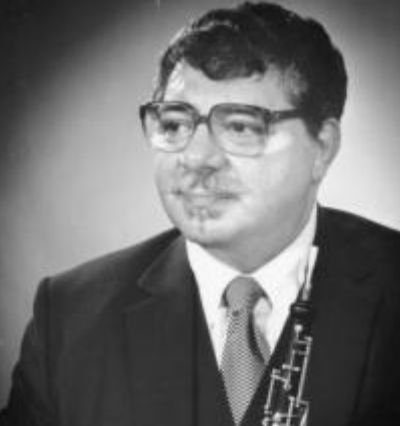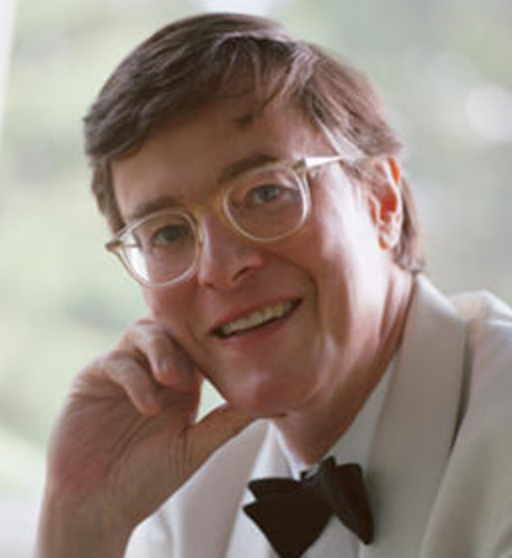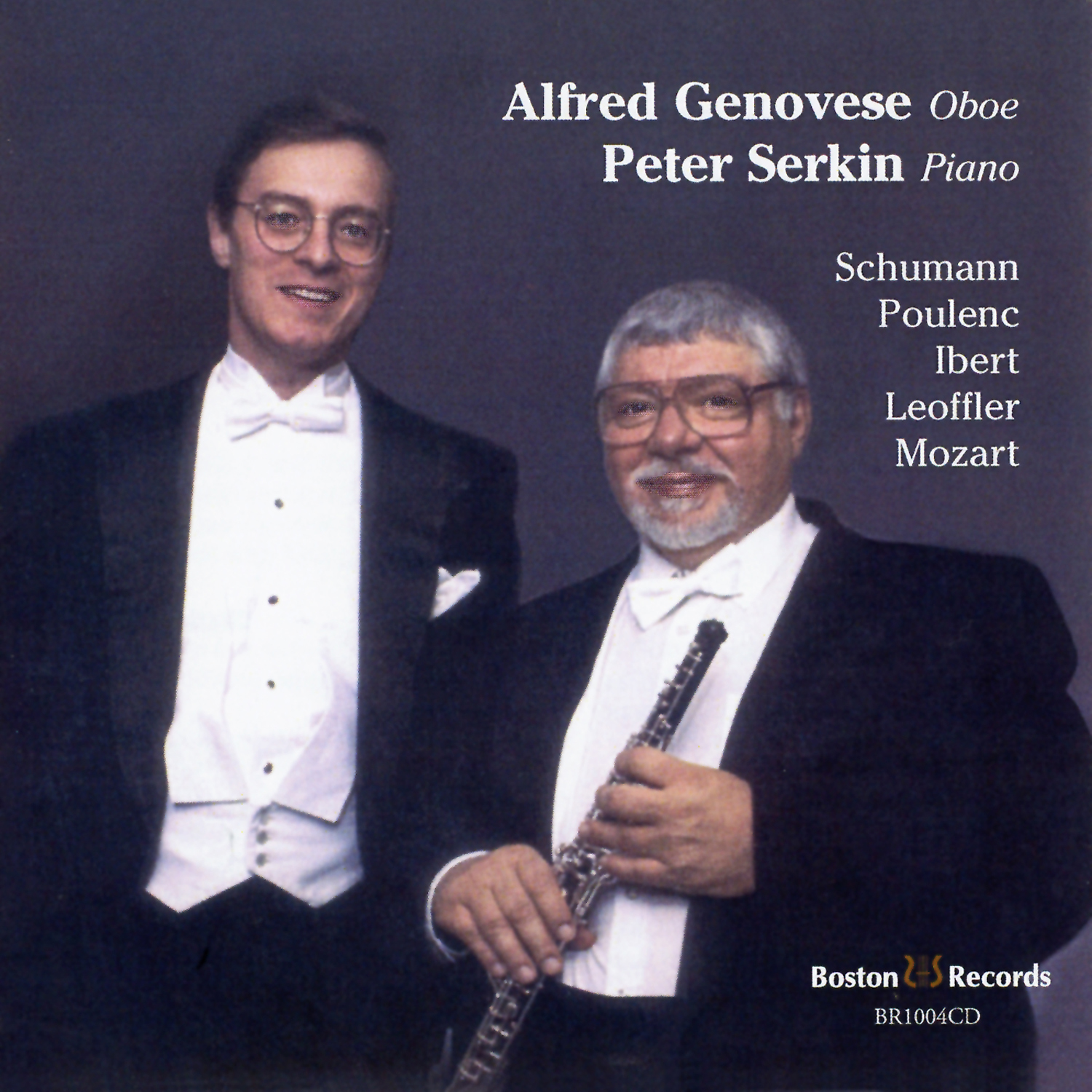Alfred Genovese

Alfred Genovese, Principal Oboist of the Boston Symphony Orchestra, began his study of the oboe when he was 16 years old with John Minsker, former English hornist of the Philadelphia Orchestra. He subsequently studied oboe and had ensemble classes with the world renowned oboist and musician, Marcel Tabuteau, at the Curtis Institute of Music in Philadelphia. After graduating from Curtis, Alfred Genovese held the position of Principal Oboist with the Baltimore and St. Louis Symphonies, the Cleveland Orchestra under George Szell, and the Metropolitan Opera. When he left the Metropolitan Opera Orchestra to join the Boston Symphony Orchestra, James Levine, artistic director of the Met, remarked that “we have lost one of our best singers!”
Alfred Genovese comes from a large musical Philadelphia family. His father was a professional clarinetist and two of his brothers also attended the Curtis Institute and became famous clarinetists. Mr. Genovese performed for many years at the Marlboro Music Festival with Rudolf Serkin and he was a soloist at the Casals Music Festival in Puerto Rico. Alfred Genovese is a member of the Boston Symphony Orchestra Chamber Players and the Boston Woodwind Octet, and teaches at the New England Conservatory. Boston Records' BR1004 features Alfred Genovese and Peter Serkin in the Schumann Three Romances, Poulenc Sonata, Ibert Escales, Loeffler Two Rhapsodies, and the Mozart Quintet with BSO Principals Harold Wright (clarinet), Richard Sebring (horn), and Richard Svoboda (bassoon).
Peter Serkin - Piano

Peter Serkin holds a singular place among today’s classical music artists, admired equally for his performance of established repertoire and as a consummate interpreter of contemporary music. His music-making demonstrates keen understanding of the masterworks of J.S. Bach as well as an exceptional grasp of diverse musical styles, ranging from Stravinsky to Messiaen, Tōru Takemitsu and Oliver Knussen. Mr. Serkin has performed with the world’s major symphony orchestras, led by such eminent conductors as Seiji Ozawa, Daniel Barenboim, Simon Rattle, Herbert Blomstedt, as well as Claudio Abbado, Pierre Boulez, Rafael Frühbeck de Burgos. In chamber music, Serkin has collaborated with Alexander Schneider, Pamela Frank, Yo-Yo Ma, and the Budapest, Guarneri, Orion, Shanghai, and Dover String Quartets, among others. He was a founding member of the TASHI Quartet, with violinist Ida Kavafian, cellist Fred Sherry, and clarinetist Richard Stoltzman. Mr. Serkin's varied programs and projects during the 2019-20 season epitomize his preeminent career as both a soloist and chamber musician. As part of a Japanese tour, he joins Herbert Blomstedt and the NHK Symphony to perform the Reger Piano Concerto, for which he has long been a champion. He also embarks on a project to perform the complete Bach sonatas for violin and piano with longtime friend and collaborator, Pamela Frank. The U.S. highlights of their multi-city tour of marathon concerts include New York's 92Y, Philadelphia's Kimmel Center and Washington, DC's Kennedy Center. Later in the season, he joins the New York String Orchestra at Carnegie Hall for a performance of Bartok's Piano Concerto No. 3. He has recently completed a series of solo recordings for the Vivace label with music of J.S. Bach and C.P.E. Bach. An eloquent and persuasive advocate for the music of the 20th and 21st centuries, Peter Serkin has championed the work of Schoenberg, Webern, Berg, Stravinsky, Stefan Wolpe, Messiaen, and has given world premieres of works by Luciano Berio, Hans Werner Henze, Alexander Goehr, Leon Kirchner, Oliver Knussen, and Charles Wuorinen. He gave the world premiere performances of Lieberson’s three piano concertos, Takemitsu’s riverrun with the Los Angeles Philharmonic, and Wuorinen’s Piano Concerto No. 4 with the Boston Symphony Orchestra. His extensive discography ranges from a recording featuring six Mozart piano concertos, awarded the Deutsche Schallplattenpreis and acclaimed by Stereo Review as Best Recording of the Year, to the complete keyboard works of Schoenberg. Peter Serkin’s musical legacy extends to his grandfather, the distinguished violinist Adolf Busch, who established the Busch Quartet, the Busch Chamber Players, and was a founder of the Marlboro School of Music. Busch was also a notable composer in most every genre


 Amazon
Amazon